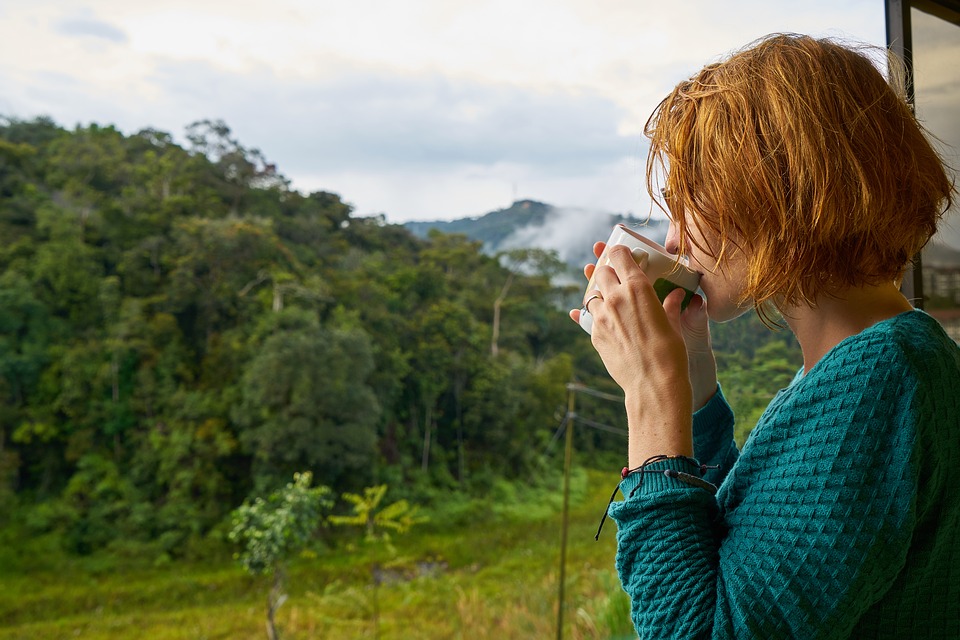Whether you call it rituals or habits or routines or observance or custom or tradition or rite or convention or protocol – we all need them. Maybe there is a lot of misconception around the word ‘ritual’, which is choking the way man sometimes looks at it. Don’t we all know rituals that have survived years in this world where change is the only constant? Doesn’t this prove that rituals have a place under the sun? Let us try and understand the psychology of what a ritual is and therefore its role in our lives and why we should be according it more important than we sometimes care to do.
Simply put, a ritual is an established procedure. It may be an insipid, mundane and humdrum activity that we do every day. Like brushing our teeth in the morning, reading the newspaper before heading out. It may be a cliché or the expected. Like the billing clerk at the checkout counter saying a ‘how are you doing today’ or we saying ‘I’m fine, thank you’ to the store clerk. Or it can be a traditional customary celebration of certain days – a birthday or an anniversary or a nation’s independence day or Valentine’s day. Of late we’ve come up with more days to observe and abide by some customary traditions. Like World Peace Day or World Cancer Day or World Friendship Day. In fact, some would choose to think of their daily grind in terms of a ritual too. Go to the office every day. Watch the Friends show on Tuesdays and Fridays. Have wine on Friday nights. Eat out Saturday nights. Watch a movie Sunday night. Hmmm.
Why Do We Need Rituals
It shows that we all need an established routine of some kind, doesn’t it? Do we know why? The reason, apparently, lies in a psychological concept called ‘time-structuring’. Time structuring is about how a man spends time. For a person whose time is not structured, it can be a big cause for anxiety. The structure provides familiarity. The structure provides a plan. Not having something to do – or worse, not having something to look forward to doing – can be very psychologically upsetting for a lot of people. Too much time hanging on the hands is more a pyrrhic freedom. Haven’t we heard an idle mind is a devil’s workshop?
The essence of the human soul is active. Man needs work. Man needs to be active. Rituals provide the framework for a lot of man’s actions. In fact, man invented rituals so he has something to do all the time. Man invented rituals as a way to structure his time. It is actually an essential necessity for his sanity and well-being. If man invented rituals and routines, some sort of collective subconscious that was answering a calling of higher purpose probably inspired it. So what was this calling?
Three Important Reasons Behind Rituals
There could be three important reasons behind why man invented rituals.
- Some rituals, especially some daily rituals and routines are anchors to experience. They provide the guideposts in a day’s activities. They are liberating structures because they allow us to do these activities without too much of conscious thinking. This way, we can free up the thinking for other non-ritualistic activities.
- Some rituals are a way of commemorating some experiences. So we have some personal rituals such as birthdays, anniversaries etc and some community rituals such as Nation’s Independence, World Peace Day etc. These commemorations allow us to relive the memorable moments and celebrate them so we never forget the goodness or lessons of our past experiences. Such ceremonies deepen the sense of connection and belongingness with the cause.
- Some rituals are a way of acknowledging the completion of one cycle and the beginning of another new cycle. Rituals such as a wedding or a housewarming ceremony or college graduation ceremony. These moments are gateways to the future. These moments are also the climax of the past. They represent the transition moments that will help us link the future to the past through the present. These are indeed memorable moments, moments where we ought to pause and take a deep breath before we transition out of it. That change calls for veneration and celebration.
Let’s face this. If we notice someone missing any of these rituals or choosing to not observe any of these rituals, we would look upon them as spiritless and passionless, right? Because it tells us that they do not think of themselves as special to warrant such special treatment.
It is indeed good to have rituals and follow them ritualistically. It enhances wellbeing. It honors a lot of things that we would otherwise have taken for granted.

